Vegan diet for “everyone”? Not so fast.
There is a troubling trend in clinical nutrition where a good thing is pushed to misinformed extremes. For example, data supports the benefits of a plant-focused diet, including for cardiovascular risk reduction. See here http://www.onlinejacc.org/content/69/9/1172 . However, this does not mean everyone, including the frail elderly and high-performance athletes, must follow a one-size-fits-all strict vegan diet (ie zero animal sources).
Equally concerning is when one-size-fits-all diet beliefs turn into fear mongering entire food groups that do not fit into dogma. For example, I received a tweet from a “vegan for everyone” social media influencer suggesting a strong association between dairy consumption and cancer. The weight of data suggests dairy benefits, but in 2017, social media personalities tweeting anti-dairy is a form of health misinformation some people will unfortunately believe. See dairy benefits here https://www.ncbi.nlm.nih.gov/pubmed/27882862 and here https://www.ncbi.nlm.nih.gov/pubmed/25757894 .
Furthermore, vegan for all approaches omit strong data supporting health benefits of milk protein consumption, including whey, in multiple populations (female, male, elderly, and athletes). Animal proteins of any source are a no-no if you are strictly vegan. See milk protein benefits, including whey here https://www.ncbi.nlm.nih.gov/pubmed/23645387 for healthy aging here https://www.ncbi.nlm.nih.gov/pubmed/26980369 and for athletes here https://www.ncbi.nlm.nih.gov/pubmed/22150425 .
There is currently no single “best” diet every human should consume, see here https://www.ncbi.nlm.nih.gov/pubmed/25182101 . Certain general patterns of feeding, including fruits, vegetables, plant fats, whey protein, and fatty fish are reasonable options to consider. However, the best type of healthy diet is the one that works for the individual. This includes a vegan approach, which I continue to support for those individuals who prefer it.
Pick what works for you and try not to fear monger those preferring their own customized variant of healthful eating patterns.

Dr. Aric Sudicky co-founded London, Ontario’s first medically integrated personal training and nutrition program. He is a former Canadian Fitness Professional of the Year award winner, an obesity and exercise researcher, and is currently completing his residency training in family medicine. You can follow Aric via his facebook or twitter pages.

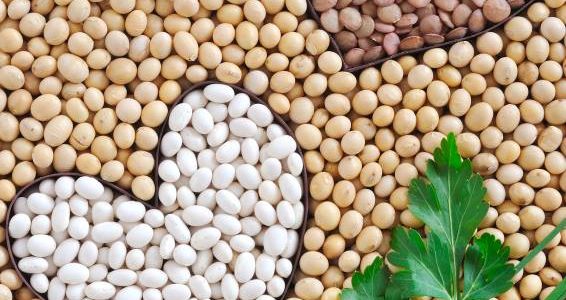
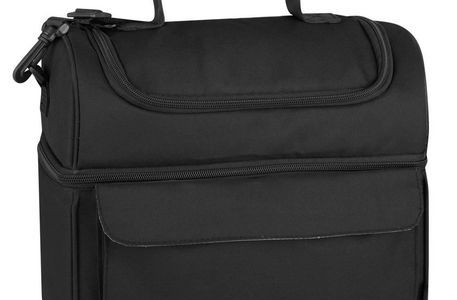

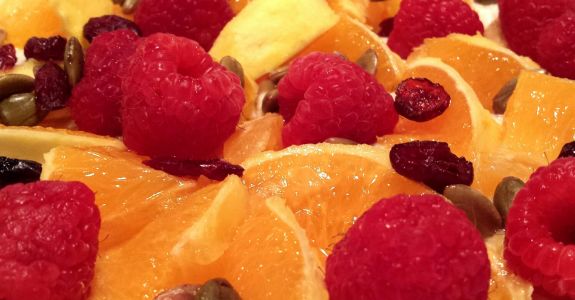
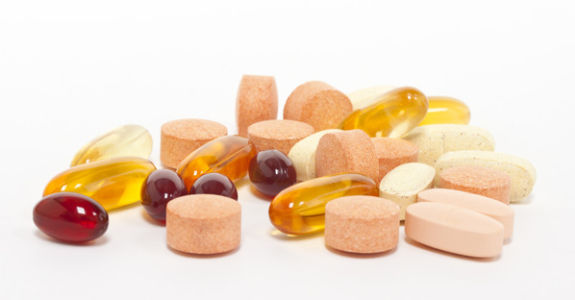
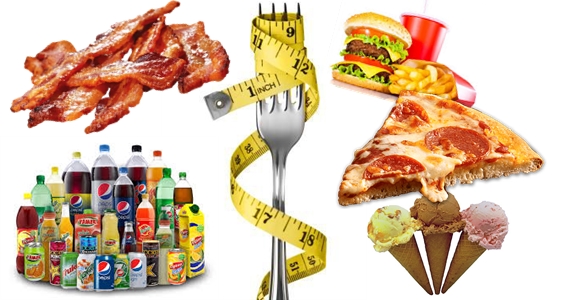
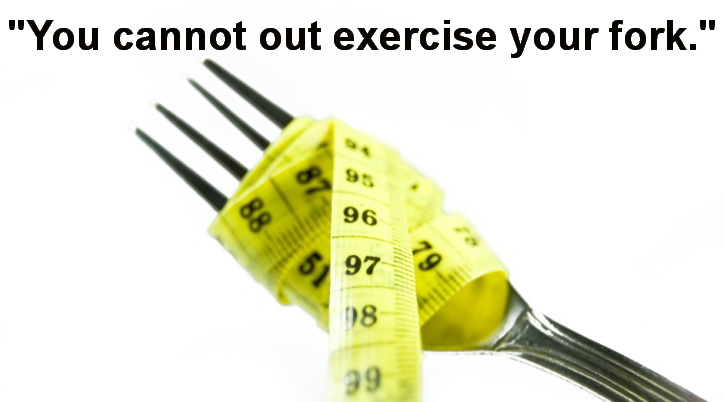
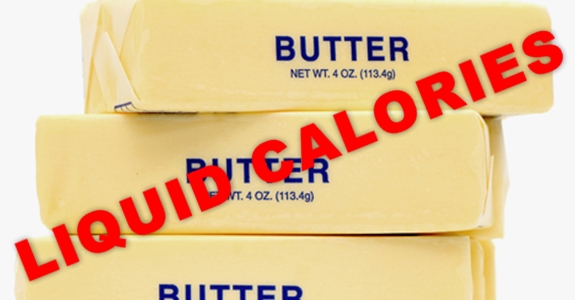
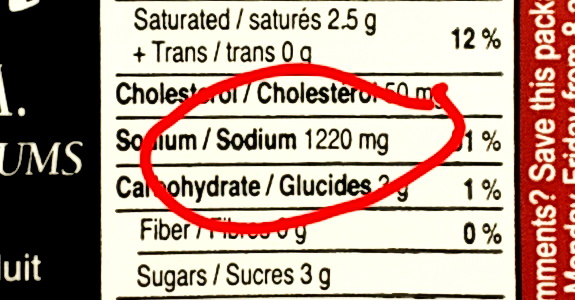

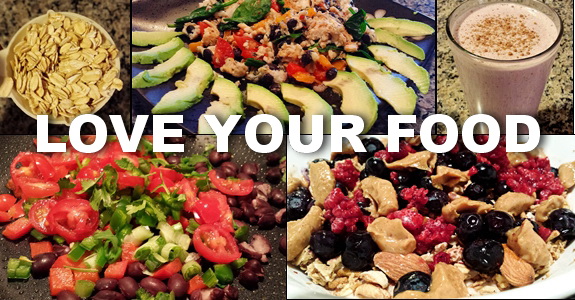




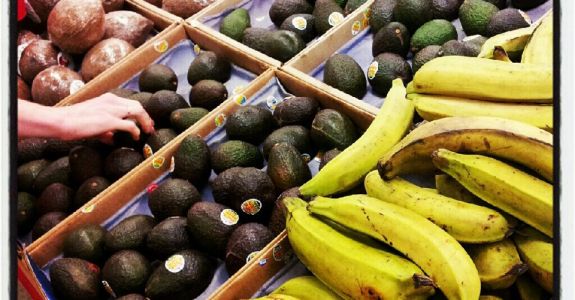
Recent Comments